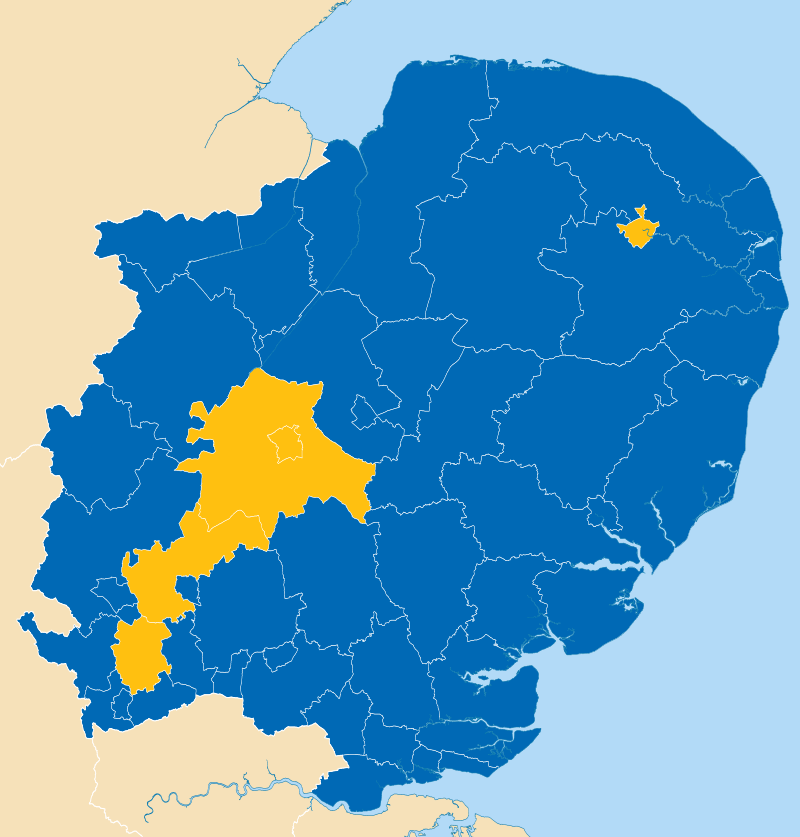I haven’t read this book yet – it’s on its way to me- but I’m keen to do so because it connects with something that I’ve been thinking for a while, which is that, even in their concern to protect ‘nature’ against the depredations of humans, human beings are anthropocentric. The ‘nature’ people seek to protect is a kind of much loved park or garden that they don’t want to change in any way.
For instance, people who worry about species becoming extinct are often in favour of measures that would involve killing large numbers of animals that are thriving and prospering. Red squirrels (‘indigenous’) must be protected. Grey squirrels (originating from North America) are ‘vermin’ to be controlled.
‘Vermin’, like ‘weed’, is an entirely human category which means ‘successful species we don’t like’. Some flightless bird that stumbles about on a small island off New Zealand, and survives only because there are no ground-living animals to prey on it, must be protected by killing any new arrival that threatens it. But possums, introduced to New Zealand by humans, and now thriving there, are vermin to be wiped out.
I don’t say that people aren’t entitled to make these choices -I’d be sad myself if red squirrels died out, and sad if New Zealand’s flora and fauna became simply a compendium of European and Australian species. I’m just pointing out that they are essentially aesthetic choices, based on human preferences, and have nothing to do either with animal welfare (I’m sure British grey squirrels and New Zealand possums enjoy being alive every bit as much as the animals they are supplanting) or with protecting nature. Species evolving in isolation, and species competing with one another when circumstances bring them together are equally natural processes (see for instance The Great American Interchange) and are both important drivers for evolution.
So, if you deliberately protect species against their competitors, you are actually stopping one of the ways in which new species come into being. British grey squirrels and New Zealand possums may threaten indigenous animals, but, given time, they themselves will evolve and diversify into new indigenous forms. (Llamas, for instance, those most iconic of South American animals, are actually descended from the North American mammals that came south when the two Americas collided, and drove many of South America’s indigenous mammals to extinction.) Admittedly this takes tens or hundreds of thousands of years, and often much, much longer than that*, but the fact that this is longer than the lifespan of human beings or human cultures is our problem, not nature’s.
*PS Having since read the book, which gives many examples, I have now learned that new varieties, and even new species, can sometimes emerge far more quickly than this. Nevertheless evolution is a slow process, and presumably even slower if things are done to stop it happening.

